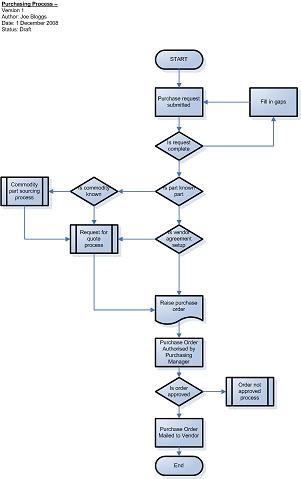 Continuing with the third installment of our ever-so-popular Seven Wastes series, I now present to you the concept of wasted motion. Traditionally, motion waste often occurs when someone is on a production line. Imagine if you were processing widgets (this just means any generic item), and that you had to bend over, pick up the widget, turn to your left, place the widget in the machine, and then press a button. Now doing this once may not seem like such an effort, but what if you did this 5 days a week, for 8 hours a day. Over time, that little additional step of bending over and turning can add up to some significant time wasting.
Continuing with the third installment of our ever-so-popular Seven Wastes series, I now present to you the concept of wasted motion. Traditionally, motion waste often occurs when someone is on a production line. Imagine if you were processing widgets (this just means any generic item), and that you had to bend over, pick up the widget, turn to your left, place the widget in the machine, and then press a button. Now doing this once may not seem like such an effort, but what if you did this 5 days a week, for 8 hours a day. Over time, that little additional step of bending over and turning can add up to some significant time wasting. Being a good supervisor, you see that this is in fact some wasted time and decide to have the widget at waste level so all the employee has to do is turn right, pick up the widget, turn left, and place it in the machine. You have now eliminated the step of bending over which took about 2 seconds per widget. If a normal person can perform this task 20 times a minute for seven and a half hours a day (got to keep in mind the lunch break), then you have a task that takes up about 5 hours of their day. By implementing that new turning task, you eliminate 1 second out of the step, you saved your company an additional 2 1/2 hours of work a day. You can see how these little simple tasks multiplied over hundreds of employees can add up to some significant savings.
Now how does this example apply to your life? Consider the time you spend in your life at work/home/recreation, and think of the many tasks you perform. At work, you might have to staple a whole bunch of documents together, or you might actually work on a factory line. At home, you might go through a complicated orchestra of movements in your pursuit of a delicious dinner. Think of the process you go through to complete any task, and ask yourself if this is the best method to achieve the desired outcome. It could be that if you just move where your cutting board is located, you could save yourself a few minutes each day for something else. These little minutes can add up and significantly impact your life.
Completing a movement more efficiently is not necessarily the goal I want you to think about. Instead, get in the habit of always asking if you could be doing something better or more efficiently. This is a very practical and important skill if you are to succeed in maximizing your potential. Analyzing your motion skills is a much more tangible example to more complicated issues such as analyzing your stage in life.
For a process analyst, the key tool they use to identify their movements is called a process map. A generic example is demonstrated in the picture. I don't expect your to complete one for your day-to-day steps, but it's helpful to see how this works. In the end you should always be questioning what's going on around you, and strive for better.
Wonderful Moment of the Day: Having a nice soaking rain storm after about 6 weeks of no rain.
No comments:
Post a Comment